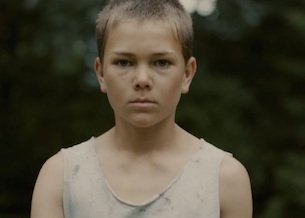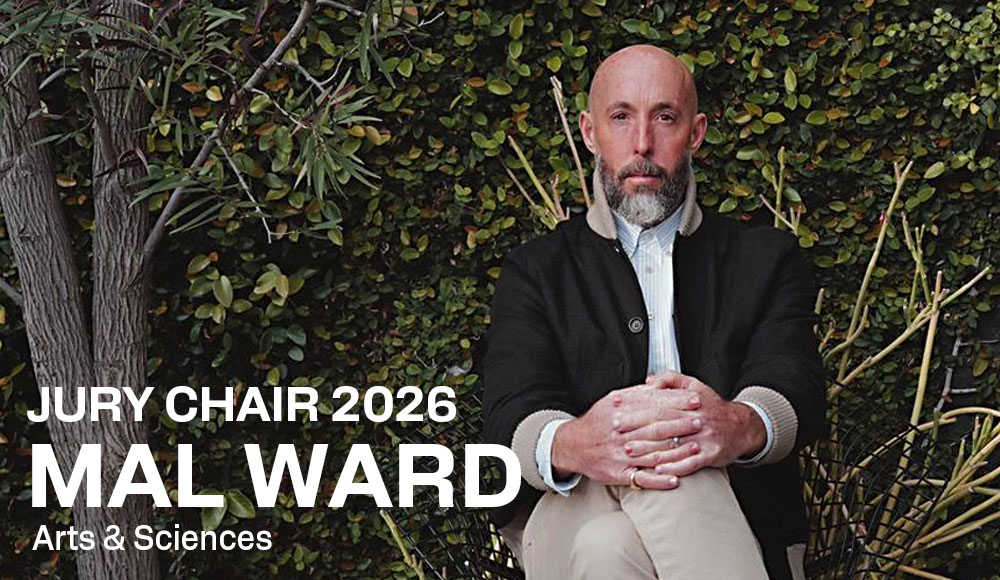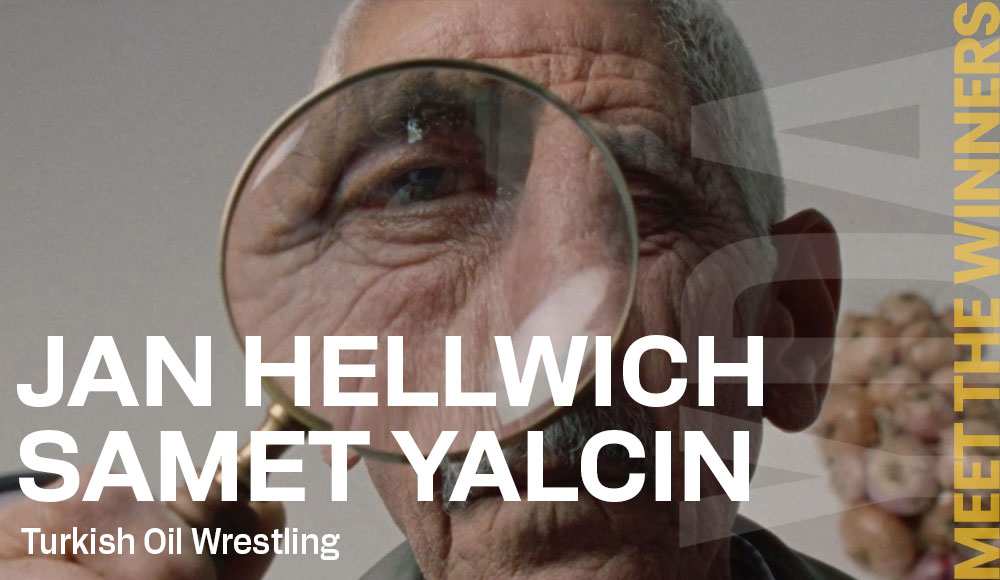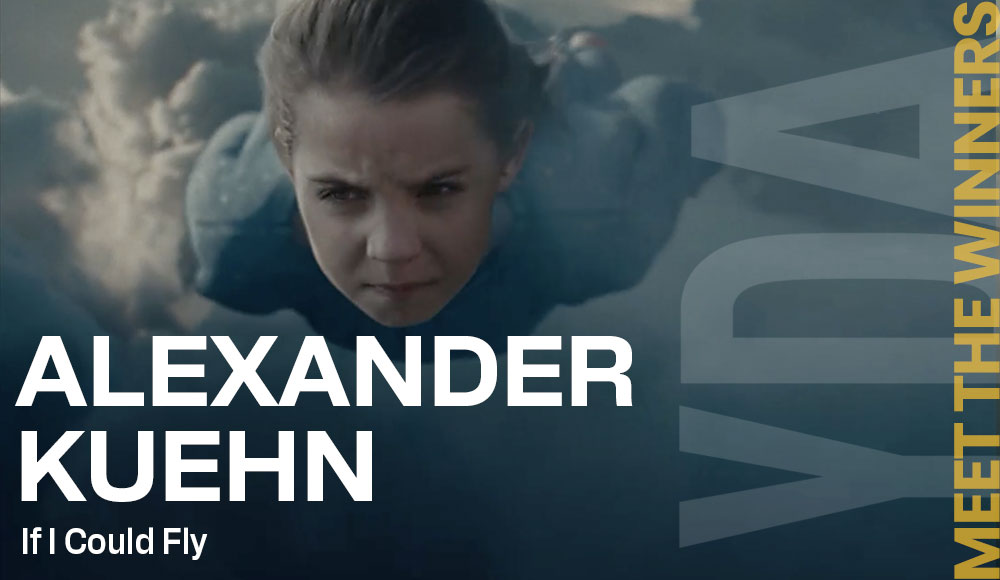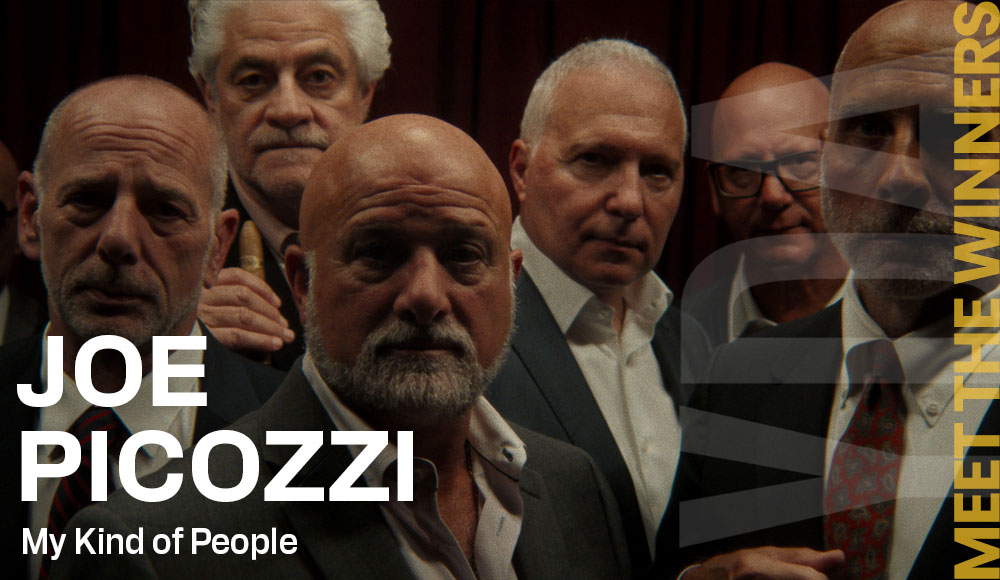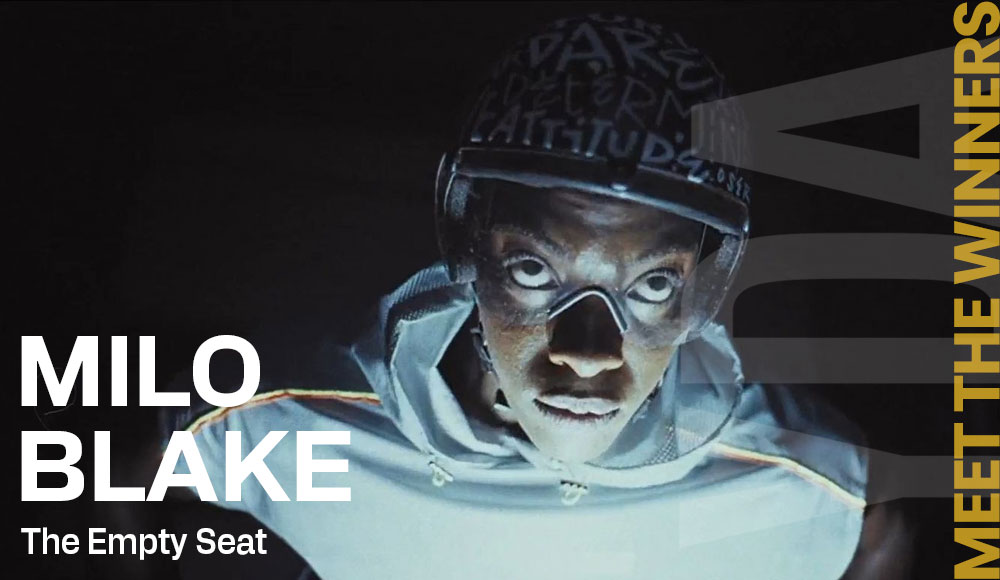Recently signed to Caviar Brussels & Paris, director Ralf Demesmaeker creates a spine-tingling short film about a boy who channels life
http://www.vimeo.com/68524461What are the key lessons you’ve learnt about filmmaking so far?
As a director it’s key to surround yourself with people you like and trust professionally. Filmmaking is almost always a very intense process and the only problems that should need to be resolved are the ones that get you a better film. The Dardenne brothers are working with the same crew since their first success film La Promesse in ’96. They’ve won the Palme d’Or twice since. It’s almost unfair to talk about only the director’s movie most of the time.
If you’re surrounded by the right people who are on your wavelength, you should stay open to their suggestions at all times. That too will get you a better film. It’s a lot less stressful if you can drop the omniscient director attitude. On the other hand, they won’t make good suggestions unless you know and they know what you want.
What’s the wisest thing anyone has told you about filmmaking?
The wisest thing I heard about filmmaking is to shoot as often as you can. At least that’s what I try to do. Take on projects for free if you feel it will allow you to meet interesting people or develop your storytelling skills. Filmmaking is all about experience. Stop reading books about how to write the best screenplay. They’re a waste of money.
Please tell us about your directing life thus far – have you made any other short films? And when did you sign to Caviar Brussels and Paris?
I’m based in Belgium and I’ve been directing commercials for about two years now. Previously I mainly worked for Canal+ and a Belgian film channel called Prime. I cut trailers for them until the producers at Prime offered me the opportunity to write and shoot a few original trailers. These films were awarded and attracted the attention of Caviar Brussels. Since I’ve been signed with Caviar I feel the right people to make the kind of films I want to make surround me. I had to wait a long time for this and I hope it’s only the beginning.
You’ve told an otherworldly story in The Gift by creating more of a visual narrative through tone rather than a linear traditional plot. How did the idea of a boy channeling life come about and evolve? Please tell u about the trio and their relationship to each other.
The idea of having power over life and death is probably one of the oldest subjects in every art form. I wanted to touch that subject in a very small arena with only a few characters. What if you had the power to keep someone you love alive, like the boy does? I figured it would have a negative effect on both sides. For the woman it’s turned in to a dependency as with any drug and because of that she’s draining the boy. I honestly never thought about the precise relationship between these characters, I only know they’ve had better times together.
The sound track sounds as if it was created for the film. How did the music come about?
I stumbled on Chelsea Wolfe’s work while researching music for another film. Around that time I was writing The Gift. The whole time while writing and shooting the film her Apokalypsis album was playing in the background. The influence on the way I shot that film was so significant I decided to ask my editor to use Pale On Pale as the soundtrack. I contacted Chelsea’s management and had a meeting with Chelsea after a gig. She loved the film and gave me permission to use the track. The film turned into this mix between a short film and a music video, which I like very much.
Did you always have this particular location in mind when you were writing the script?
There’s a great story to that place. I was looking for an old house in the woods. I had seen dozens of locations but the budget was very small and most of these places needed a major make-over. Then I found this house. The owner is a young man who lives there by himself. It’s been in his family since his great grand parents and he hasn’t changed a thing after the rest of his family passed away or left the house.
After seeing it for the first time, I went back with my art director and literally said: “Don’t touch anything! Leave it as it is.” Luckily there was enough work left for him on the outside. In the bedroom scene at the end you can even see a picture of the owner when he was six years old hanging in the background. It was his parents’ bedroom, untouched after they passed away. It all felt quite eerie, which made it perfect for the film.
What were the most difficult aspects of the production and how did you resolve any challenges?
I know this might sound boring but I had all the time in the world and no reason to make any compromises. That in combination with a fantastic cast and crew and the backing of Caviar made the production an ideal process.
What are you currently working on?
Thanks to this film Chelsea Wolfe asked me to work on one of her next videos, so I’m currently working on some ideas for that. I’m also writing another short and of course working on commercials.

